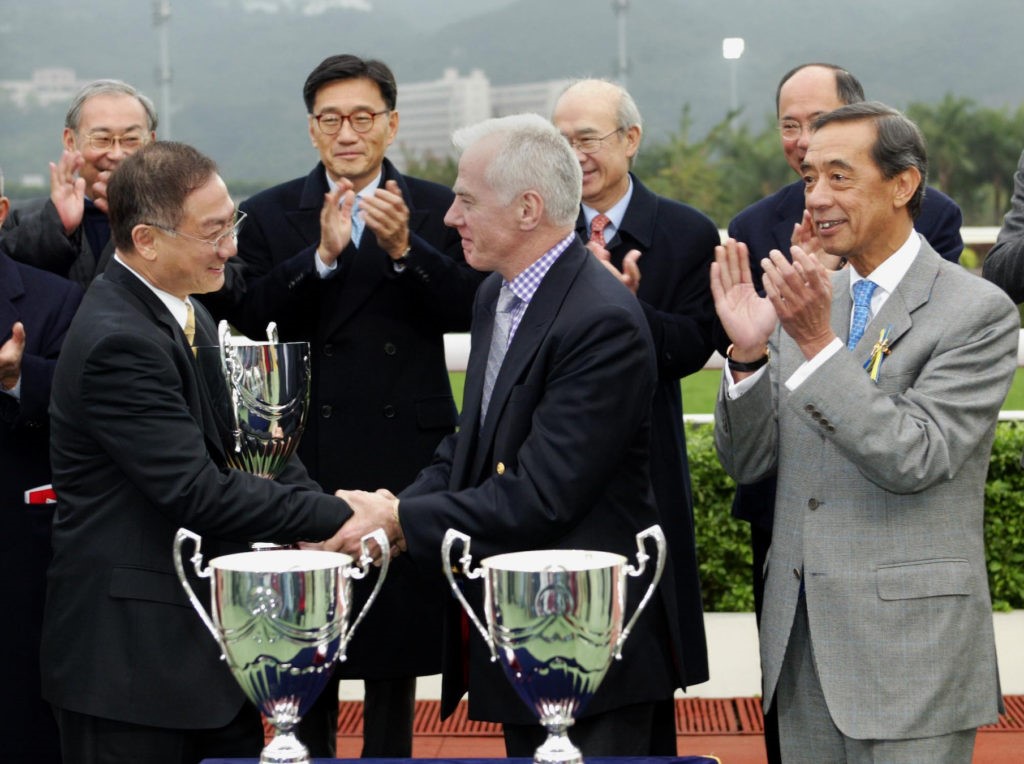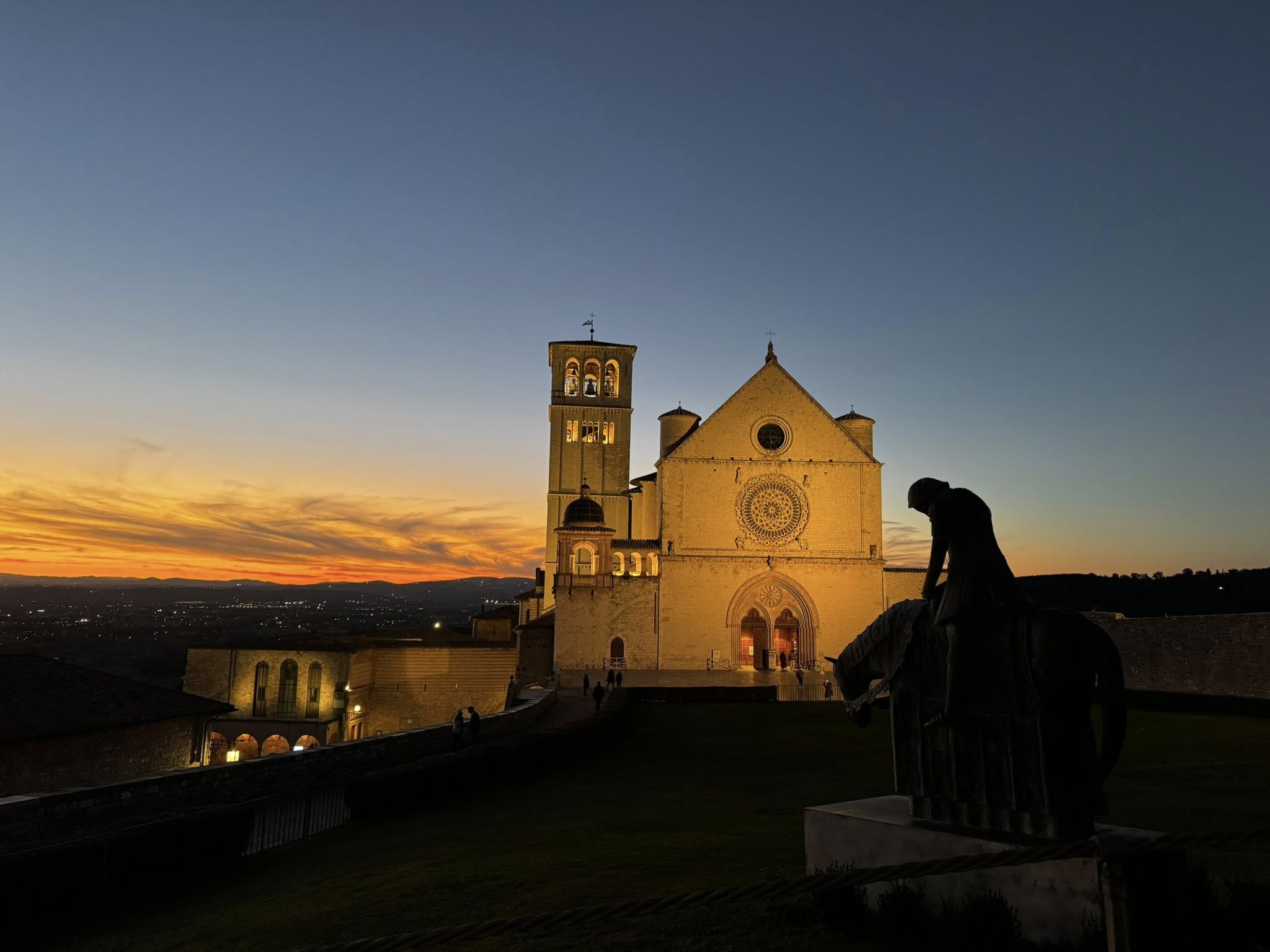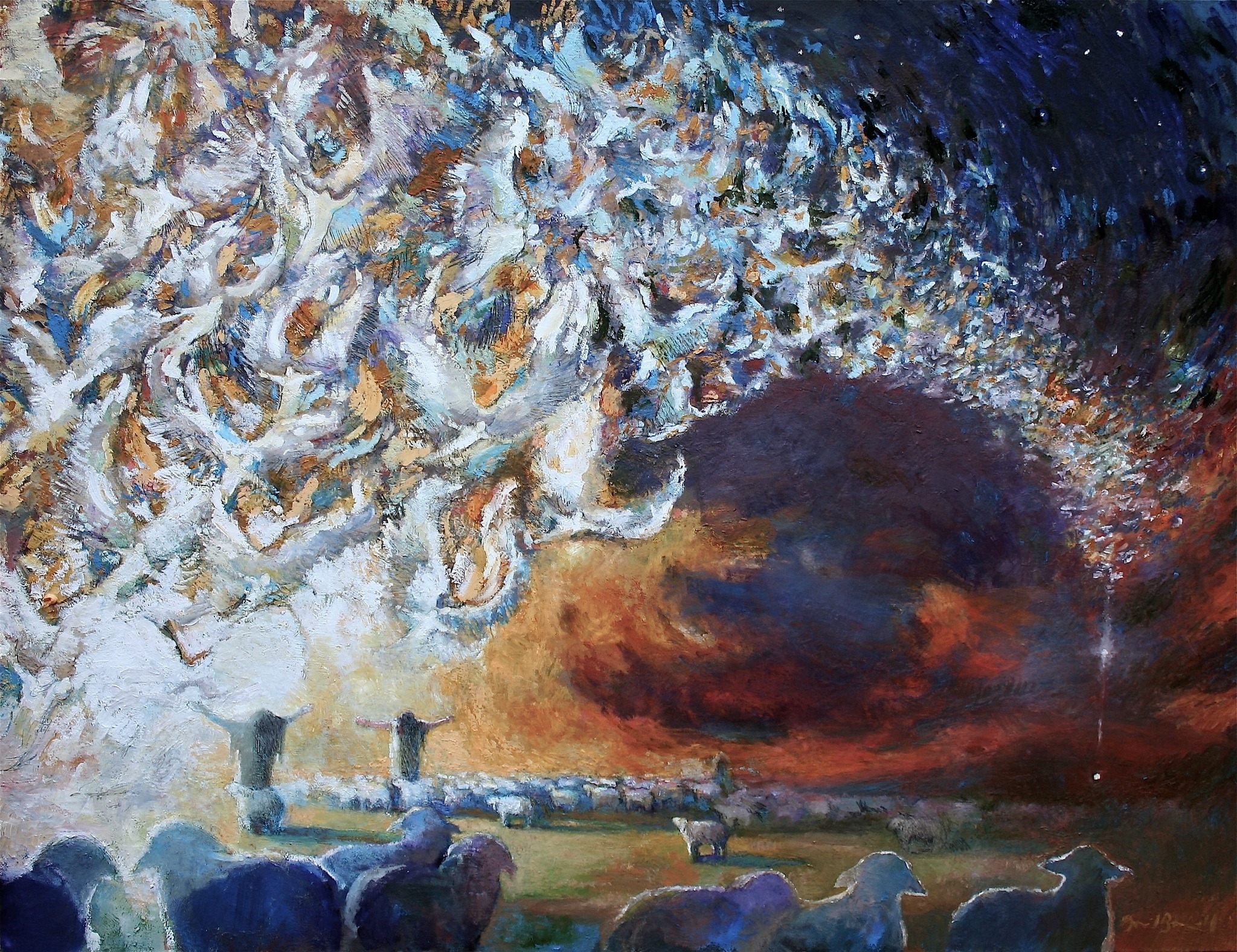– ROBAIRD O’CEARBHAILL
Hong Kong Correspondent
David Armstrong has had a glittering life. Twice former editor-in-chief of the South China Morning Post: in the 1990s and 2000s, he had an extraordinary newspaper rise in Australia by fortune, talent and hard work. Fortune came through Armstrong’s mentor, Ken Cowley, the The Australian founder, later a CEO of News Corp, one of the world’s major media companies. Armstrong’s talent and hard work were clear after several editor-in-charge jobs at commanding national newspapers.
Interviewed by O Clarim, Armstrong summarized the joys and hows of having such senior posts. How too, his life evolved after leaving newspaper executive-ship.
Armstrong backed away from retirement not to “just curl up and die” but keeping busy with multiple duties. There were honorary directorships and advisory roles and as a professorship in journalism studies.
On media today he described how major newspapers have met modern challenges of online news.
Values learned from the Church have stayed with him. Education at Australia’s oldest Catholic school, Parramatta Marist High, has been a continuing influence in his life. Indeed, he became an advisor to two international Catholic media organizations, La Croix newspaper, in English and the Union of Catholic Asian News (UCAN).
Do you miss those days as an editor and editor-in-chief at major newspapers and magazines?
The short answer to this question is that I’m very glad I was blessed with a good career in print – and very glad I’m not doing it now. But, yes, I do miss it. I miss the excitement of seeing great stories (preferably scoops) photos and artwork into print and into readers’ hands. I miss being able to expose the, um, inconsistencies and shortcomings of political leaders. I miss the camaraderie of the newsroom. Even now, if I see old colleagues it is as though we had last met yesterday. I miss the sense of satisfaction of knowing we were giving people information to help them make sense of the world they live in.
There were always many journalists who were more elegant writers than I, or better hard-nosed investigators, and I learned from all of them. In my early years at The Australian, one of my colleagues was Jane Perlez, an outstanding journalist who went on to win a Pulitzer Prize and who now runs the Beijing bureau of the New York Times. I learned a lot from Jane, watching the way she worked and reading her stories and seeing how well she put them together.
Pride and vanity may arise in senior positions. What advice do you have to deal with that?
There are two big things to remember to keep hubris under control. One is that you are only as good as the team you are working with. Whatever you achieve you have been able to do only because of the skill, talent, knowledge and efforts of other people – no matter how clever you might think you are. The other is that you are not the most important person in your life. Personally, your family or loved ones are more important. Professionally, the most important people are your readers (or customers, in other businesses): no readers/customers, no job
What did you find most satisfying about your work in newspapers?
I think the most satisfying work I did was in Hong Kong because the issues there, as people prepared for the handover to China and then afterwards, were so fundamental. As is the case again today. Before the handover, we took the approach of working by explanation and persuasion, trying to tell Beijing how and why HK was different. I’d like to think we had some influence.
Your transition from editorial executive at major newspapers to part time retirement, including a professorship, how was it?
For 20 years as a newspaper editorial executive, I had a mentor, Mr Ken Cowley. Ken had started The Australian with Rupert Murdoch in 1964 and he went on to become CEO and chairman of Newscorp in Australia. Ken’s advice upon retirement – keep busy. In Thailand I had a couple of lucrative consultancies and board positions lined up for when I finished full-time work. However there was a very big gap, from a very busy working life, a contribution to society and a good sense of personal achievement. The university positions were honorary and advisory. But they kept me in touch with media-related work and that was important to me.
But the most important work I did in that post-career period involved working with my friends on a charitable group called the Deb Bailey Foundation. Deb was my wife. She died of Motor Neurone Disease (also known as ALS). The Macquarie University MND Research Centre has now been operating for almost seven years…and we’re still looking for the big funding package!
You have been involved with Catholic media too and chambers of commerce
I met an old friend from Sydney – Father Michael Kelly S.J. who runs Ucanews.com (Union of Catholic Asian News) and is one of the founders of La Croix International’s English-language website of the famed French newspaper. I did some quite heavy work with a formal review of UCAN’s editorial direction. That resulted in some big changes that continue today. I was also part of the team that set up La Croix International, got very involved with the Australian-Thai Chamber of Commerce and the British Chamber. An honorary member of both.
How is your life now in the holiday resort you and your wife built?
Here, we have a place by the river in a rural setting in a town called Kamphaeng Phet, a World Heritage area with more than 50 ancient temples. Kamphaeng Phet was also a fortress town in the Sukhothai and Ayutthaya periods (roughly 1250 to 1770). We’re at Maeping Mango riverside resort and restaurant in Kamphaeng Phet, by the Ping River, a major tributary of the Chao Phraya that flows through Bangkok not too far from a mountainous national park with scenic waterfalls. I like seeing people enjoying themselves, relax over their meals in the restaurant. I love it when we have families here, seeing the children playing in the garden. I find it very soothing to sit and watch the river or just to look out over the garden. I have a frangipani tree next to my little office: the immediate view if I just turn my head a little to the left. In Australia, moving to a rural setting is called a tree-change. This is a tree-change with a sense of purpose.
Independent quality journalism faces fake news, online media competition, investigative reporting in decline, as well as online readers’ shorter attention spans How do you see current affairs publishing’s future?
It looks to me as though the spiral downwards of newspaper finances and quality has been arrested, if not reversed, for the big papers, over the past few years – after a very tough and discouraging time in the first dozen or so years of this century. Those papers that – despite everything – strove to continue to produce quality news and analysis have emerged in better shape than we might once have expected. They can now charge for their digital content and are making money. If we were talking about the future of newspaper 10 years ago, it would have been a very gloomy picture. Now it is quite a bit brighter.
You wrote to me that “I think a Catholic upbringing has instilled certain values with me.”
When Jesus was asked what was the greatest commandment, he said it was to love the Lord, your God with all your heart, mind and soul.
The second was to love your neighbour as yourself.
To me, these are the essence of the Christian message.
Put it together with the Ten Commandments and it means you treat people kindly, honestly, with courtesy and respect, no matter what their position in relation to one’s own. These are values that we instilled at home, in church and at school and they are important in my life, the touchstone of whether I have been and are being a good person – or not. I often fail to match my ideal behaviour but the ideal remains in sight, something I need to get back to.
(Photo shows David Armstrong, as South China Morning Post editor-in-chief, presenting the South China Morning Post Cup to the winning owner in 2005.)


 Follow
Follow

